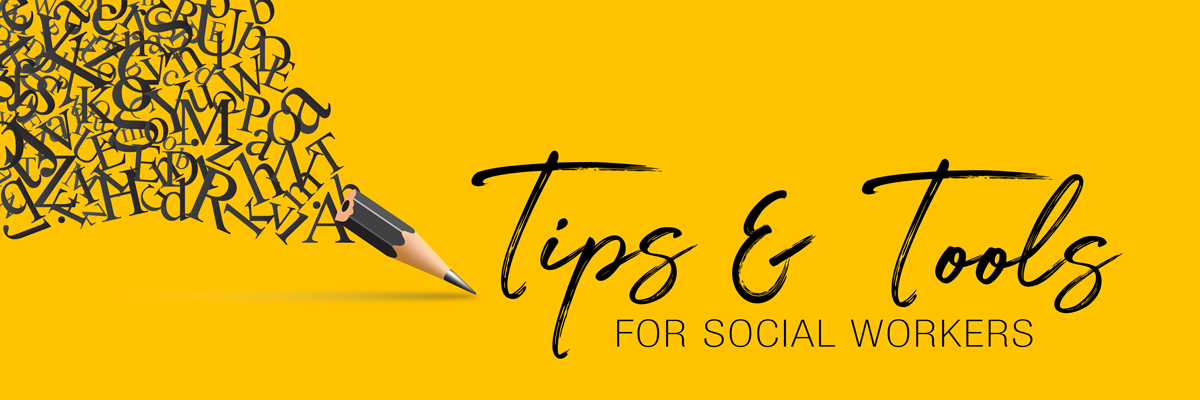
Qualified Medicare Beneficiary Program: Billing Guidelines for Clinical Social Workers
Denise Johnson, LCSW-C,
Senior Practice Associate, Clinical Social Work
The National Association of Social Workers (NASW) has received inquiries from members regarding the Qualified Medicare Beneficiary Program (QMB). It is important for clinical social workers to understand the QMB program and billing guidelines to ensure proper reimbursement for services. This document provides an overview of the QMB program and billing guidelines for clinical social workers.
What is QMB?
The QMB Program is a federal and state-funded program administered by the Centers for Medicare & Medicaid Services (CMS). It helps individuals who are Medicare beneficiaries pay for their Medicare Part A & B premiums, deductibles, copayments, and coinsurance. To be eligible, individuals must meet specific income and resource requirements, which may vary depending upon the state. Those who qualify for QMB will have their Medicare Part A and B premiums, deductibles, copayments, and coinsurance paid by the state Medicaid program. The program is designed to ensure that Medicare beneficiaries who have limited income and assets do not have to pay out-of-pocket costs for their Medicare-covered services. The QMB benefit also relieves Medicare beneficiaries of cost sharing imposed by a Medicare Advantage Plan.
What are the billing guidelines?
Clinical social workers and other Medicare providers are not allowed to charge QMB individuals for Medicare Part B cost sharing for covered services, regardless of whether they participate in Medicaid or not. However, QMB individuals may be responsible for a small Medicaid copay. These billing restrictions also apply to all QMB individuals including those enrolled in Medicare Advantage plans. If any QMB cost-sharing money is collected, it must be refunded. For instance, if a clinical social worker bills someone with QMB for Medicare cost-sharing or sends the bill to collections they must recall it. Providers may be subject to sanctions if they bill an individual with QMB for amounts above the total Medicare and Medicaid payments, even if Medicaid does not pay.
Medicare providers are able to seek payment for Medicare cost-sharing from state Medicaid Programs for QMB enrollees. However, most states limit the payment of Medicare deductibles, coinsurance, and copays for QMB individuals, as allowed by federal law. QMB enrollees have no legal obligation to pay Medicare providers for Part B cost-sharing. Medicare providers must follow certain processes to request payment for Medicare cost-sharing if it is due from the state, which includes enrolling in the state's Medicaid system for claims review, processing, and the issuance of a Medicaid Remittance Advice. When a claim is automatically crossed over to another payer, such as Medicaid, it is typically noted on the Medicare Remittance Advice.
How do I know my client has QMB?
Clinical social workers should have a routine process for identifying beneficiaries with QMB before rendering services. Providers can use the Medicare 270/271 HIPAA Eligibility Transaction System (HETS) and the Medicare Remittance Advice to determine if a beneficiary has QMB and does not owe any Medicare cost-sharing. HETS is a CMS system that provides real-time Medicare eligibility data to users to prepare accurate Medicare claims, determine beneficiary liability, and check eligibility for specific services. Medicare providers, suppliers, or their authorized billing agents (including clearinghouses and third-party vendors) are eligible to register as HETS users via a secure connection. Users submit HIPAA-compliant 270 eligibility request files and receive 271 response files that address the status of eligibility (active or inactive) and patient monetary responsibility for Medicare Part A and Part B.
Clinical social workers, who are also Medicaid providers, are strongly advised to contact Medicaid plans to determine the best way to identify the person’s QMB status. In the event the provider is unable to obtain this information, they can verify the person's status through the State online Medicaid eligibility systems, Medicaid identification cards, Medicare Summary Notices, and other state issued documents prior to submitting the claim.
Where can I find more information?
Clinical social workers may refer to the following resources for further guidance: